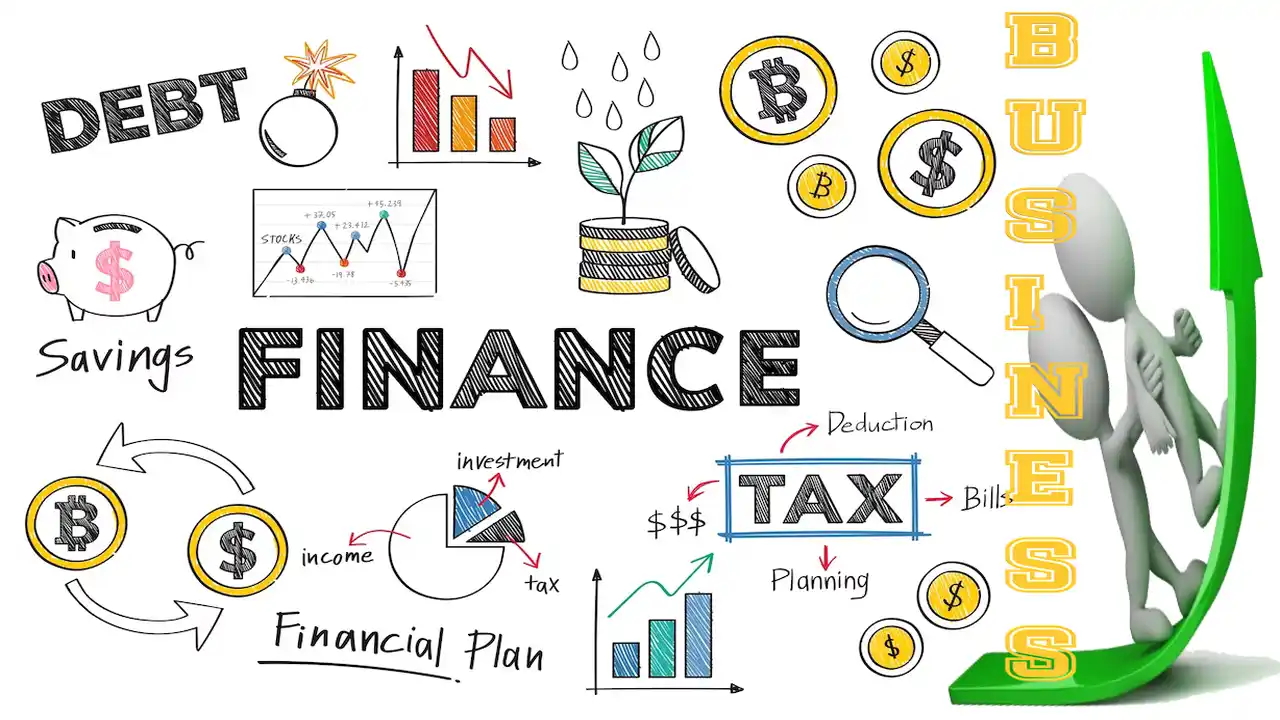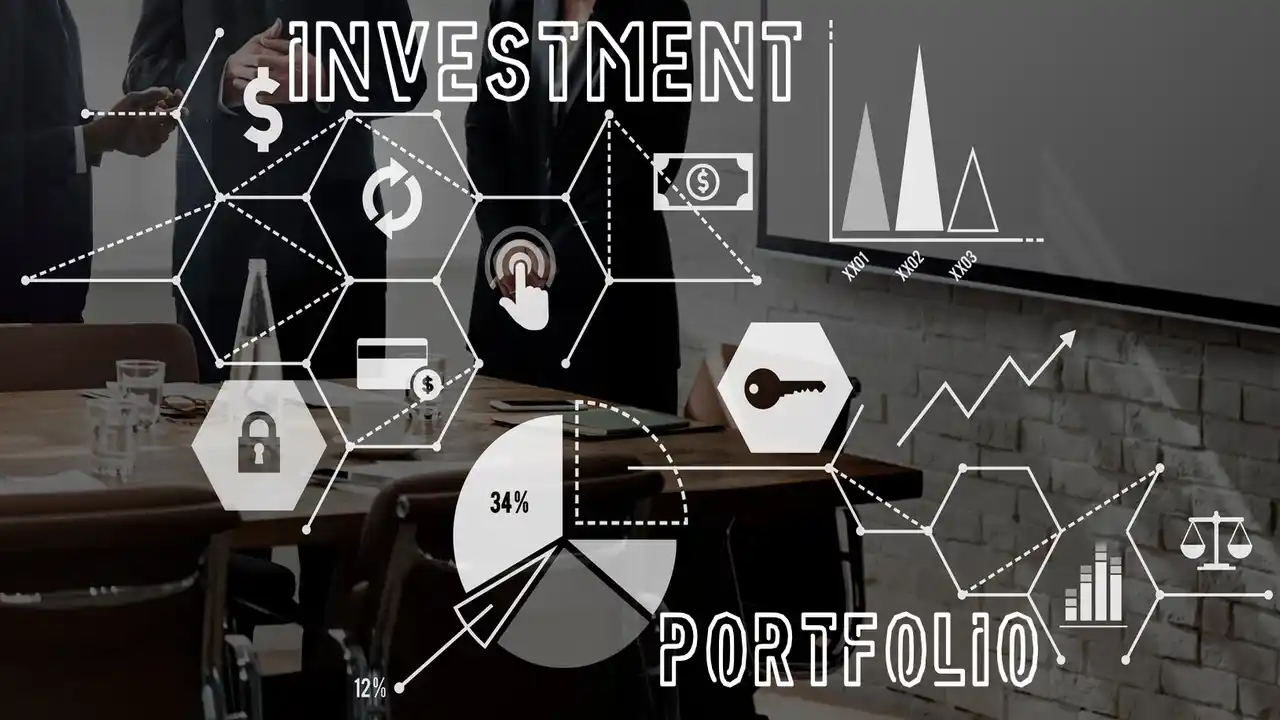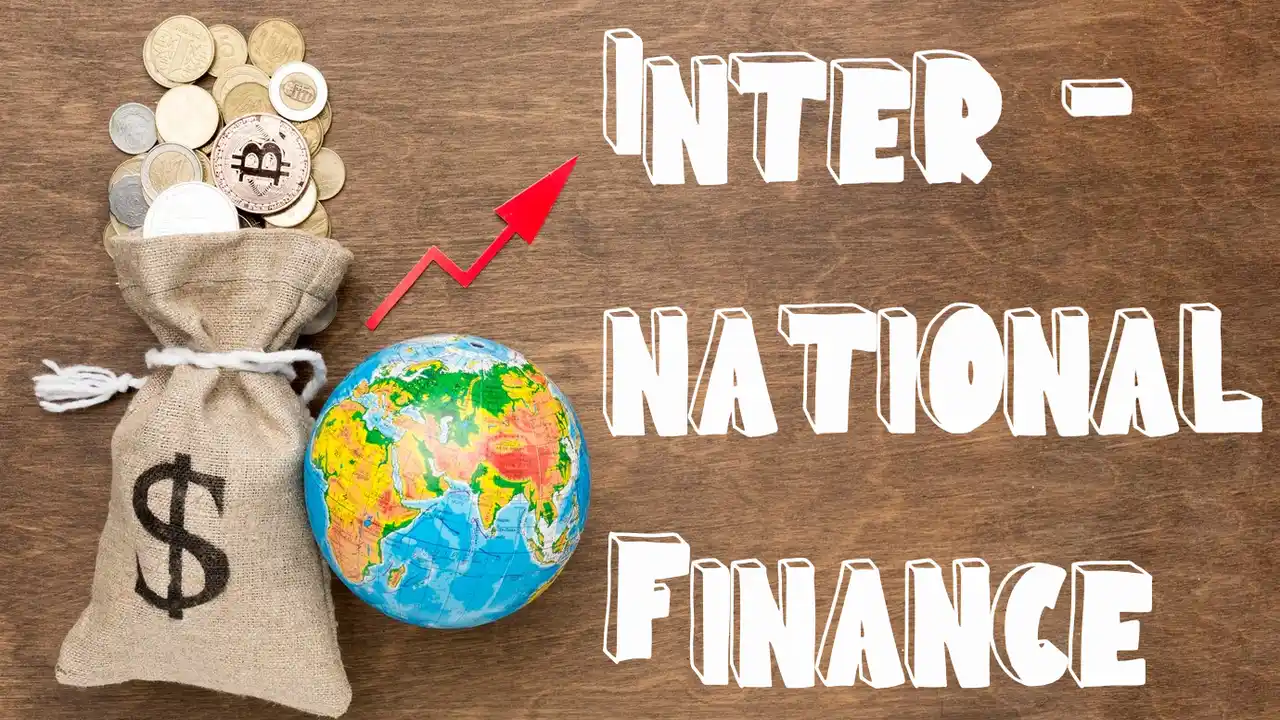The financial markets are a place where some individuals and groups engage in frequent communication. Institutional and individual spending of funds and trading of financial assets are both made easier by this. Thus, asset issuers (e.g., governments or corporations), intermediaries (e.g., banks and other financial institutions), investors, and regulators and supervisors are all housed in the financial markets. Based on their goals, investment horizon, risk aversion, and market behavior, among other variables, one can categorize investors into different types. So, types of investors in stock market will be covered in-depth in this article, along with various examples for your convenience.
At its core, investing one’s own money into a venture, commodity, or business is a wager that the asset’s value will increase in the market, allowing the investor to recoup his initial investment. Read on for an in-depth analysis of the functions of capital market topic.
Types of Investors in Stock Market
Only 6% of the stock in India’s exchanges is owned by small investors. Due to their lack of market knowledge, these buyers often take unnecessary risks. People have started putting their money into the stock market ever since cash was demonetized. The outcome is a larger retail investment pie. Also, there were more minor participants in India’s stock markets after the COVID-19 stoppage.(not included) Here is an overview of types of investors in stock market with a detailed explanation for your better understanding.
Financial Backers for Businesses
Those who are really good at what they do and who put their money into big businesses that have plenty of space to grow when they are young. Their knowledge and connections also make them valuable.
Equity Investors
Boosting Expansion most people who invest put their money into stocks. Businesses in their early stages of development are typically the ones that receive their investments. Although, forecasts indicate that the return rates of these equities will outpace the market average. A rapid expansion of a business is the holy grail of growth investors. So, the present market price is less important to these purchasers. The stock’s fundamental business functions are of greater importance to them.
Adviser on Strategic Matters
They put their money into businesses with the expectation that it will grow in value. Investors with a long-term perspective seek to engage in a market they are well-versed in.
Investor in Financial Instruments
Decisions benefiting the investor in the short to medium term take into account the original investment. Typically, they are able to influence the management of the companies in which they have invested through their vote at shareholder meetings. So, they don’t become too involved with day-to-day business at the companies they back.
Bullish Investors
These folks have been in the investment game for a while and aren’t afraid to take risks. Typically, these individuals own astronomically large holdings. They often deal in the high-risk, high-reward markets of futures and options. Someone with a penchant for extravagant spending might find some room in a diversified portfolio of all kinds of assets. Among the greatest dangers faced by ambitious investors is the possibility of losing control when things become tough.(not included)
People with Significant Wealth
Common recognition identifies individuals with assets over two crores as high-net-worth owners (HNIs). Another name for your wealth is “net worth.” It’s the difference between your assets and liabilities. Although, one definition of “emerging high-net-worth individuals” is people whose investable assets are between Rs. 2 crores and Rs. 25 lakhs.
Participation in the initial public offering (IPO) requires an exclusive pool of high-net-worth individuals. Although, a wealth survey predicted that by 2027, there will be 950,000 HNIs in India. Around 330,000 people are expected to be prosperous in India by 2020.
Seed Funding
The goal of venture capital funds, when investing in companies, is to boost the value of those organizations through the acquisition of stock. At that point, they remove it from their possession after making a profit from selling it. In this area, you’ll find a variety of purchasers. For instance, private equity investors put money into a wide range of companies, including those that are already famous, whereas venture capitalists (VC) put money into brand-new companies, usually tech enterprises.
US-Based Institutional Investors
The nation where a company’s headquarters are located is often the site of such investments. There are also four distinct types of DIIs in the Indian stock markets. Distinguishing two types of DCIs: Mutual funds in India, as one possible structure for an AMC, pool substantial sums of money from many investors and distribute it among different sectors. Fund managers are the individuals responsible for overseeing these investments. Moreover, mutual fund purchases and sales affect stock prices and, by extension, market trends. Nippon Asset Management, UTI, HDFC, ICICI Prudential, and Aditya Birla Sun Life are among the asset management firms. Many well-known Indian insurance companies are LIC, New India Assurance, Star Health, HDFC Life, ICICI Pru Life, and SBI Life. These companies also put some of their money into the stock market.(not included)
International Financial Institutions
These organizations invest in India after they have established themselves abroad. Also, investment in pension plans and mutual funds is one example of how FIIs, or corporations registered in foreign nations, might play a role: A multi-purpose financial vehicle, this sort of fund serves several objectives. The needs of pensioners are met by a pension fund, as the name suggests. Mutual funds, on the other hand, let individuals from other countries put their money into economies that are still growing.
Foreign nationals looking to increase their wealth with minimal risk sometimes buy abroad funds. Because of the stock market, this money is flowing into our economy…. One major mutual fund that has investments in India is Ex Vanguard. In the possession of the government are these funds. The official name for these entities is “sovereign wealth funds.” Selling surplus stocks is a common strategy for them to make money. Moreover, everyone in such sovereign nation gets a cut of the profits made by the group’s investments. An instance of this is the involvement of the Singaporean government in the Indian stock market.(not included)
Market Participants
Traders are individuals who bet on the value of a company’s stock. To maximize their profits, they are always trading stocks. So, they are less likely to stay onto their investments for the long haul. For some, leaving their jobs may take hours, days, or even weeks.(not included)
Investors in Unique Circumstances
When companies engage in corporate actions like takeovers, mergers, or acquisitions, there are investors who put their money into the deal. These investors do their best to stay abreast of breaking news. When they have money riding on the financial markets, they make it a point to stay vigilant.
Family and Friends
Oftentimes, they put their money into companies whose owners they already know. They often provide modest quantities of money to friends’ and family’s startups so that such businesses can get off the ground and thrive. The level of specialization in this profile is the lowest. The fact that they know the company’s founder on a personal level makes it much easier to persuade them to join. On the other hand, a more specialized investor has a significantly higher investment amount than them.
Capital-Preserving Investors
When a stock is about to drop in price, value investors try to buy it at a bargain. Finding companies with strong fundamentals and a cheap price to earnings ratio (P/E) is their objective. Also, they have put money into the market with the expectation that it will grow in value. People that invest with a focus on value often look at the big picture.(not included)
Moderately Intelligent Investor
Various types of investors participate in the stock market. Those that aren’t afraid to take chances typically go for safer assets. However, shoppers’ level of comfort determines how much risk they are ready to take. Someone else oversees their investments in different assets. Using a balanced strategy allows buyers to get benefits that match their risk tolerance. So, if the market were to collapse, these purchasers would likely incur losses. By spreading their money out among other investments like gold or debt funds, individuals can mitigate the impact of market losses.
FAQ
Is Investing in Stocks Something that Wealthy People Do?
More than three quarters of the wealth of millionaires has been invested in stocks, bonds, real estate, and other investments, according to the latest analysis from the Capgemini Research Institute, the World Wealth analysis. All four of these asset classes have seen value declines of over 15% throughout the past 12 months.
Which Investors are Currently Involved?
The term “current investor” refers to a shareholder who possesses 33.13 percent or more of the voting stock that is still in circulation as of the effective date. Anyone, or any combination of them and their Affiliates, can do this.
How do you Describe Wealthy Investors?
Institutional investors are among the numerous significant market participants. Given their wealth, these investors are unparalleled. Some private equity players are part of this group. Money managers, insurance firms, investment banks, endowment funds, hedge funds, and a few other financial institutions are among these investors.
Final Words
Even though they’re used to losing money, they’re nonetheless eager to optimize their investment returns despite their willingness to take huge risks. Although this type of investor is able to withstand significant volatility, it is still important for them to have a varied portfolio and not put too much weight on any one thing. This category is more likely to include investors who are well-versed in the financial markets rather than those who are willing to take risks. Thank you for reading the guide on types of investors in stock market. Explore the website to keep learning and developing your knowledge base with additional useful resources.






